
New research shows gene therapy may target hidden HIV reservoirs, a major step toward a long-sought cure.

New research shows gene therapy may target hidden HIV reservoirs, a major step toward a long-sought cure.

Explore how AI and genomics are combining to drive new breakthroughs in HIV cure research—advancing target discovery, gene editing, and personalized therapies.

Discover how AI is transforming HIV prevention and accelerating cure research globally with smarter, faster breakthroughs.

Despite gains in HIV prevention, rates among Gen Z are rising. Learn why, where the risk is highest, and what steps can reverse the trend.
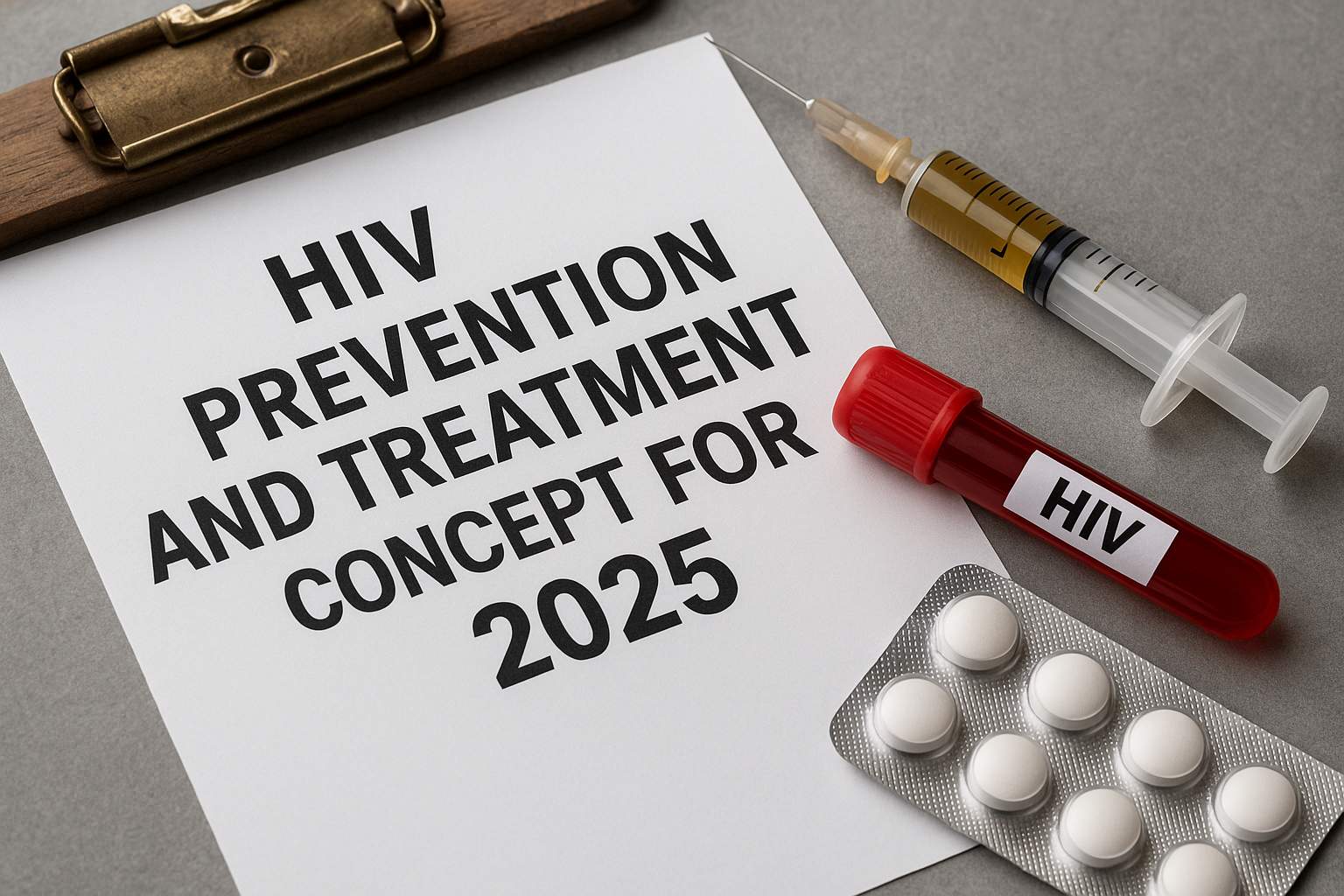
In 2025, WHO and CDC release updated HIV treatment and prevention guidelines, including injectable PrEP — here’s what patients should understand.
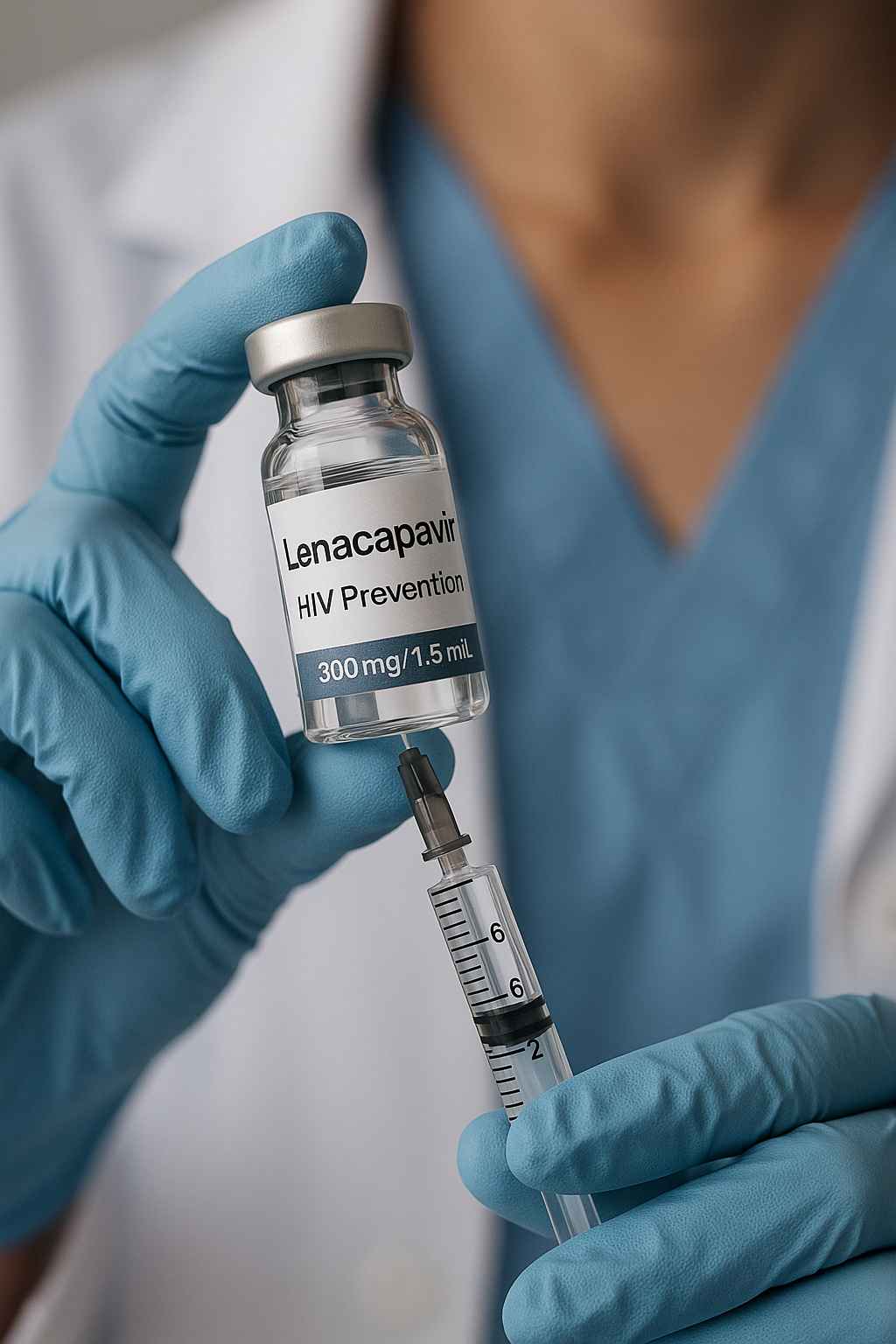
Learn how lenacapavir, the new long-acting HIV injection, is transforming prevention and access worldwide.
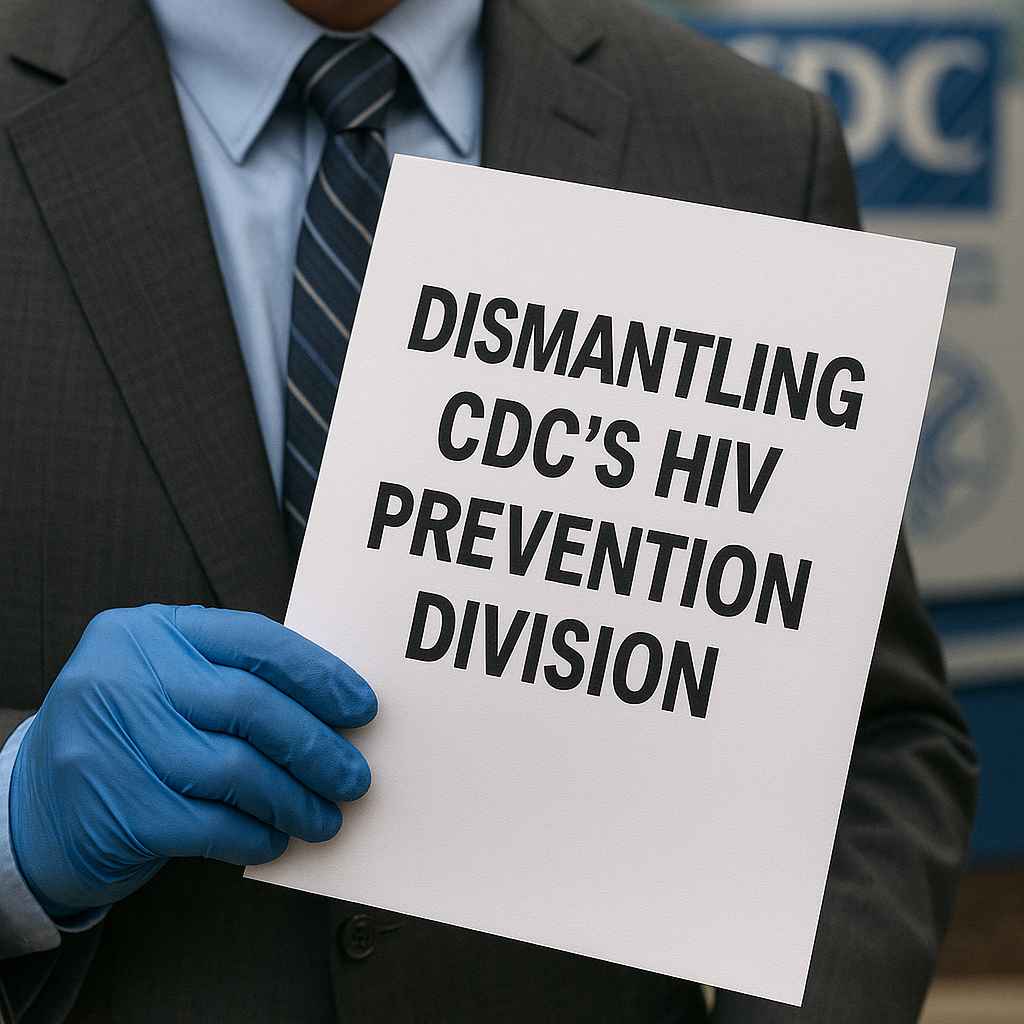
Exploring the implications of dismantling CDC’s HIV Prevention Division — how it threatens progress, what’s at stake, and how communities can respond.

Explore global progress toward the 95-95-95 HIV goals and what’s needed to close testing, treatment, and suppression gaps.
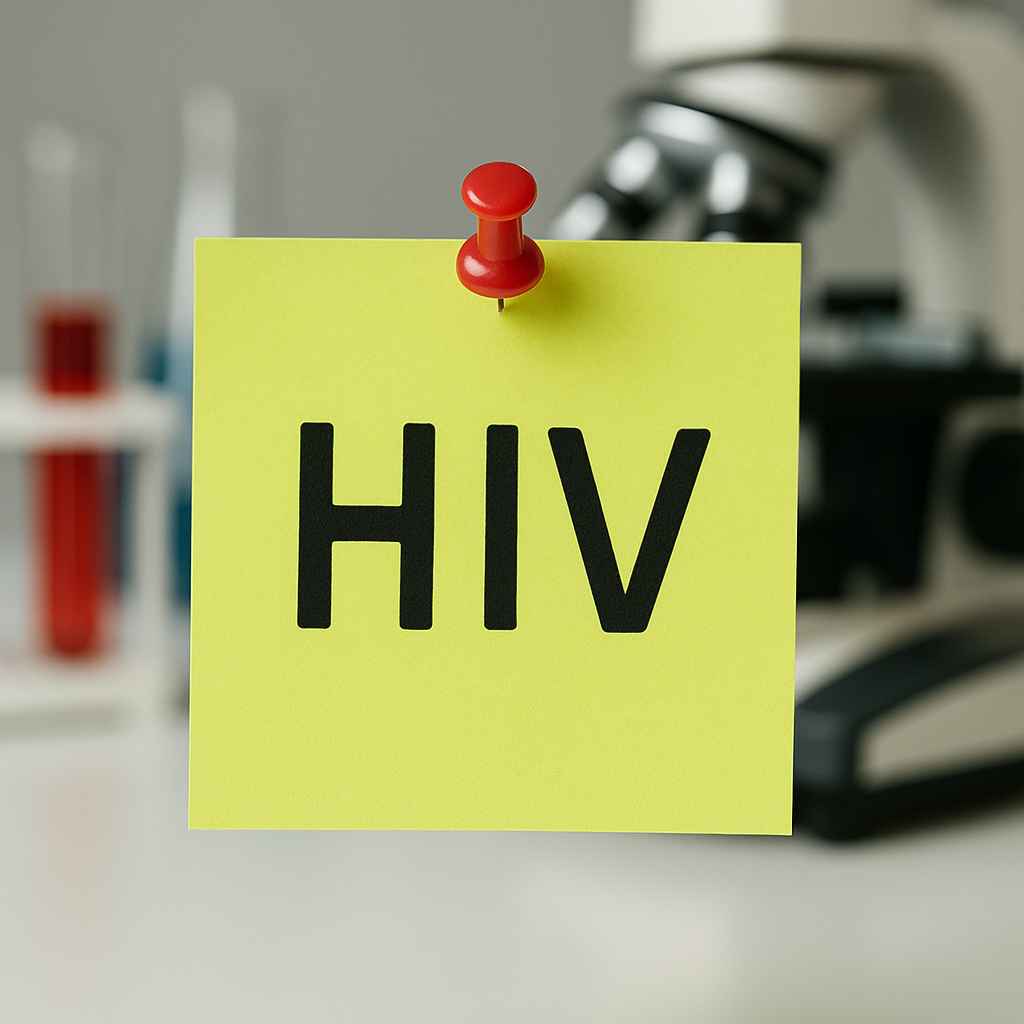
Discover the latest breakthroughs in HIV treatment and cure research, including long-acting therapies, vaccine progress, and potential functional cures.
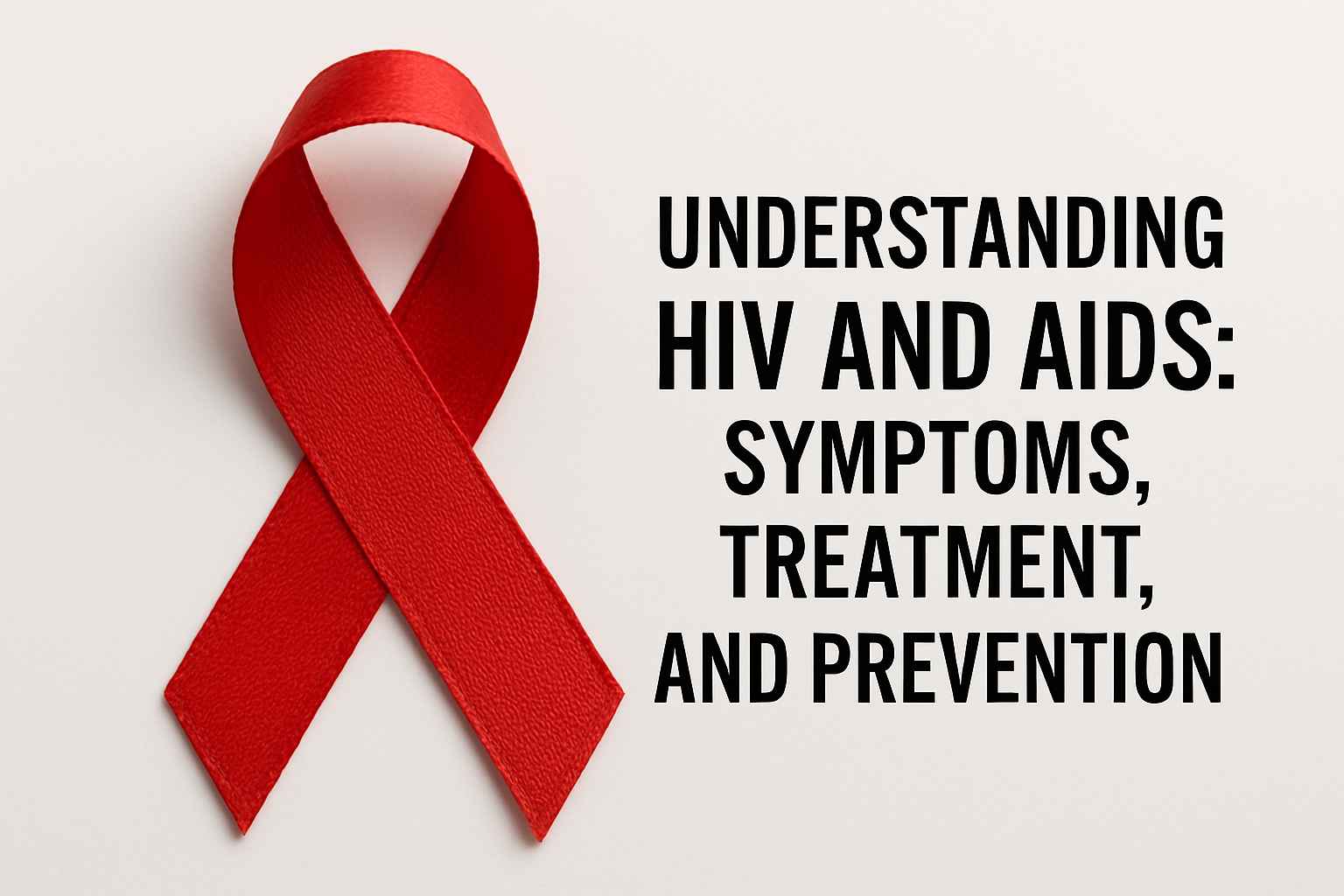
Learn the key symptoms, latest treatment advances, and proven prevention methods for HIV and AIDS. Stay informed and stay protected.
© 2025 Aids.org